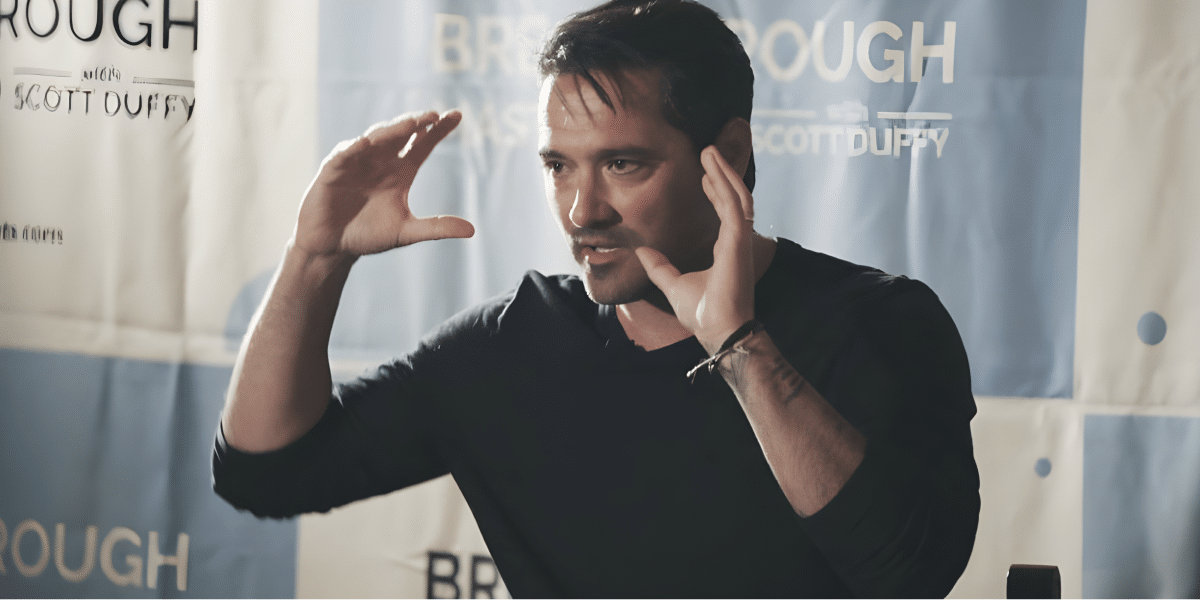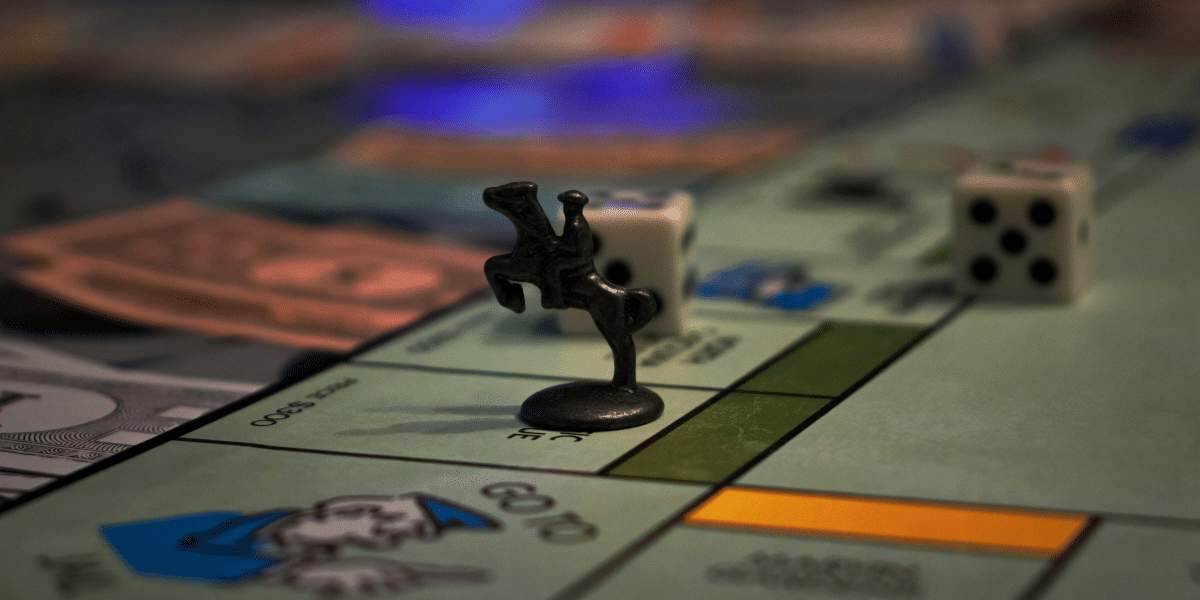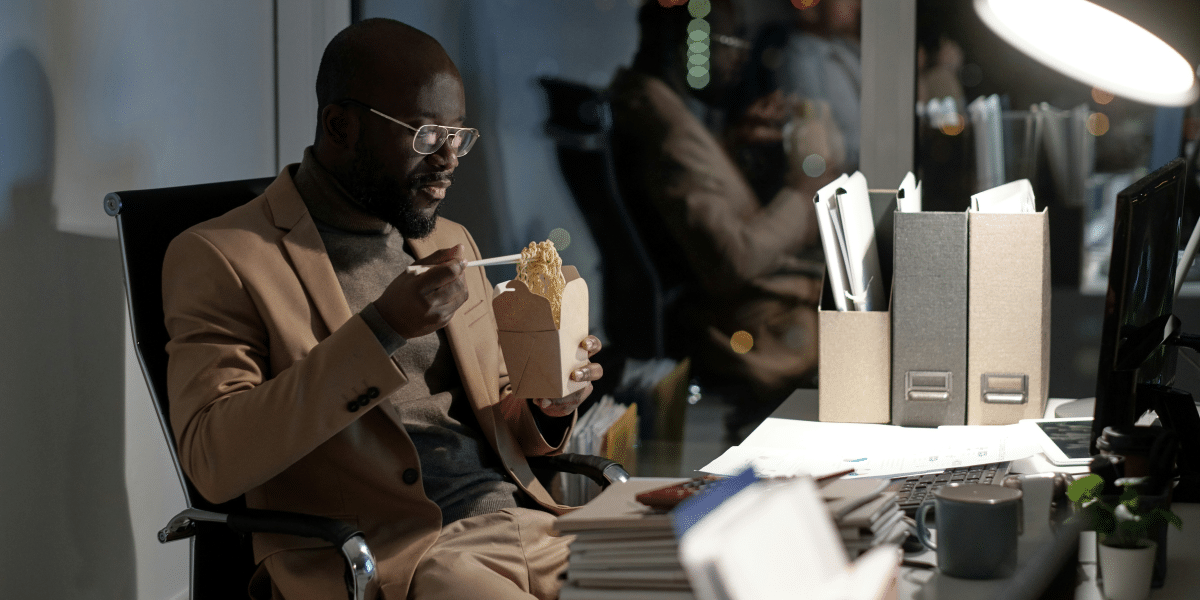Impact of Psychology on Economic Choices
In the fascinating realm where minds meet markets, behavioral economics sheds light on how our psychological quirks shape the decisions we make with our wallets. It’s like peeking behind the curtain of traditional economic theories to discover the human factors that often defy rationality.
Traditionally, economists assumed that people are rational decision-makers. However, behavioral economics challenges this notion, acknowledging that our minds often take unexpected turns when it comes to making economic choices.
Understanding Psychological Influences
1. Anchoring Bias: The Power of First Impressions
Imagine stepping into a store and seeing a price tag. Your brain grabs onto that number, and it becomes an anchor, influencing your perception of value. Behavioral economics recognizes that initial impressions, even if arbitrary, can significantly impact our decisions.
2. Loss Aversion: Fear of Missing Out
We’re wired to feel losses more intensely than gains. Behavioral economics points out that this fear of missing out, or loss aversion, can drive our choices. It’s like the discomfort of missing a great deal rather than the joy of gaining one.
3. The Influence of Social Proof
Have you ever chosen a restaurant because it was crowded, assuming it must be good? That’s social proof at play. Behavioral economics acknowledges that we often rely on the actions of others to guide our decisions, even in economic matters.
4. Present Bias: Instant Gratification vs. Future Gains
Waiting for future rewards can be tough. Behavioral economics understands our inclination toward instant gratification, recognizing that we might choose immediate rewards over potentially greater benefits in the future.
The Impact on Economic Decision-Making
1. Purchasing Behavior
Understanding psychological biases helps explain why we sometimes make seemingly irrational purchase decisions. Whether it’s influenced by anchoring, loss aversion, or social proof, our choices often deviate from traditional economic predictions.
2. Investment Choices
Behavioral economics dives into the world of investing, acknowledging that emotions and cognitive biases play a significant role. Investors may be swayed by short-term market fluctuations, influenced by the fear of losses rather than long-term gains.
3. Policy Implications
Governments and policymakers take note too. Behavioral economics suggests that nudges and adjustments in how choices are presented can guide people toward more beneficial decisions. It’s like subtly steering public behavior in a positive direction.
Challenging Traditional Assumptions
1. The Rationality Myth
Behavioral economics challenges the myth of purely rational decision-making. It recognizes that our choices are influenced by a myriad of psychological factors, often leading to decisions that traditional economic models wouldn’t predict.
2. Embracing the Complexity of Human Behavior
Rather than relying on simplified assumptions, behavioral economics embraces the complexity of human behavior. It’s like acknowledging that our minds are a mosaic of emotions, biases, and cognitive shortcuts that influence our economic choices.
As we navigate the intersection of minds and markets, understanding behavioral economics is like putting on a new pair of glasses. It allows us to see beyond the traditional economic script, recognizing the quirks and patterns that make our economic choices uniquely human. By acknowledging the impact of psychology on decision-making, we not only gain insights into our own behaviors but also open the door to more nuanced, effective economic strategies that account for the fascinating complexity of the human mind in the realm of finance.









